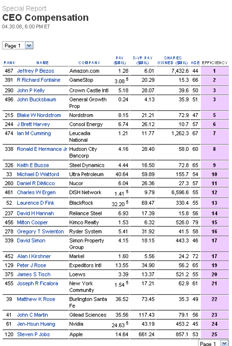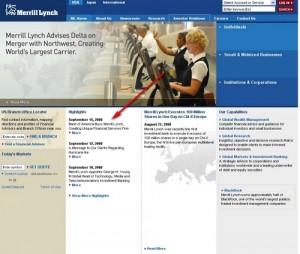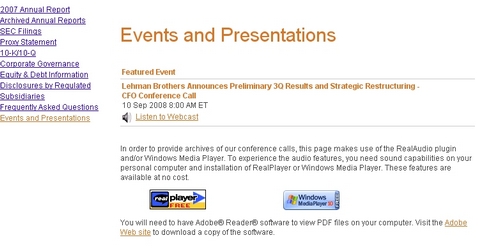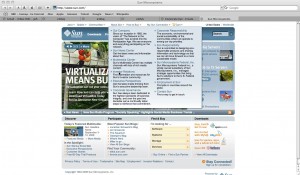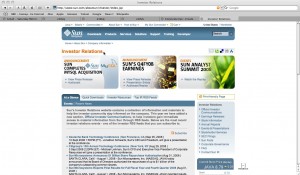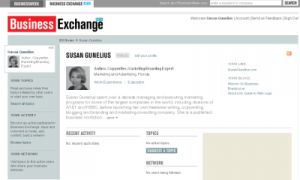 BusinessWeek has joined the social networking bandwagon with its own social network called Business Exchange. This social network is a bit different from the Facebooks and LinkedIns of the world though. Instead of being a place to make connections, poke people, compare movie preferences, and the like, Business Exchange is meant to be a place for members to share great business-related content, making it more of a social networking/bookmarking site than a true social network.
BusinessWeek has joined the social networking bandwagon with its own social network called Business Exchange. This social network is a bit different from the Facebooks and LinkedIns of the world though. Instead of being a place to make connections, poke people, compare movie preferences, and the like, Business Exchange is meant to be a place for members to share great business-related content, making it more of a social networking/bookmarking site than a true social network.
The first thing to note about Business Exchange is its professional tone. This isn’t the social network for high school kids. Instead, this is a social site for business professionals looking to connect and share information. Members share content they like online by bookmarking it into a wide variety of broad and niche topic categories such as Branding, Business Law, Business of Beer and more. Since the site is still new, users can even suggest topics to make the site even better. [Read more…] about BusinessWeek Launches Business Social Network – Business Exchange


